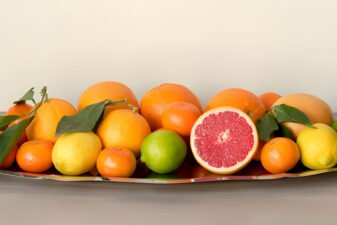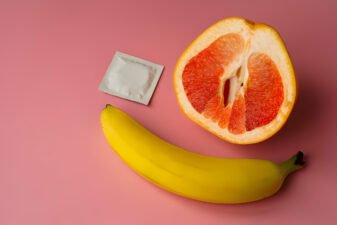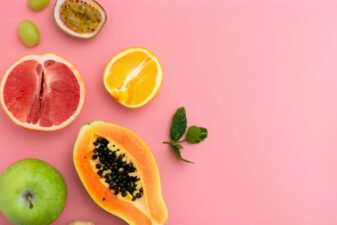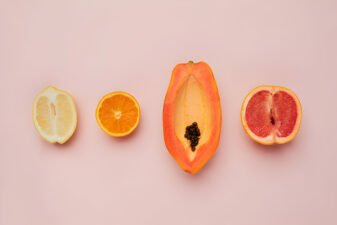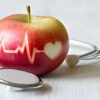Pre-menstrual Syndrome (PMS) is a common condition affecting up to 75 percent of women. PMS symptoms vary widely and typically occur up to 14 days before the menstrual period and generally cease within a day of its arrival. Many side effects of PMS, such as such as food cravings, bloating, sore breasts, headaches, stomach ache and irritability can be alleviated by proper diet and nutrition.
Symptoms of PMS
Experts have identified 4 groups of PMS side-effects.
Premenstrual Anxiety
Affecting 3 out of 4 sufferers, this group of PMS symptoms is typically associated with elevated blood oestrogen and low progesterone. Specific symptoms include anxiety, depression, irritability and insomnia.
Premenstrual Hyperhydration
Affecting 2 out of 3 sufferers, this group of PMS symptoms is linked with salt retention and (perhaps) elevated aldosterone. Specific symptoms include noticeable weight gain (3 pounds+), bloating, breast congestion, swelling of extremities.
Premenstrual Craving
Affecting 1 in 3 sufferers, this group of PMS symptoms is associated with reactive hypoglycaemia (low blood sugar). Specific symptoms include increased appetite, sweet cravings, fatigue, headache.
Premenstrual Depression
Affecting only a very small percentage of sufferers, PMS depression is associated with elevated progesterone levels and, it is thought, by a rise in male hormones (androgens). Specific symptoms include depression, forgetfulness.
Causes and Treatment of PMS
Hormonal disturbance is considered to be the major underlying cause of PMS. Common treatments include stress-reduction medication, or synthetic hormones, or the birth pill. However, experts are now beginning to pay more attention to diet and nutritional treatments designed to counter nutritional deficiencies and improve glycemic reaction (blood-glucose levels), in order to reduce hormonal disturbances.

